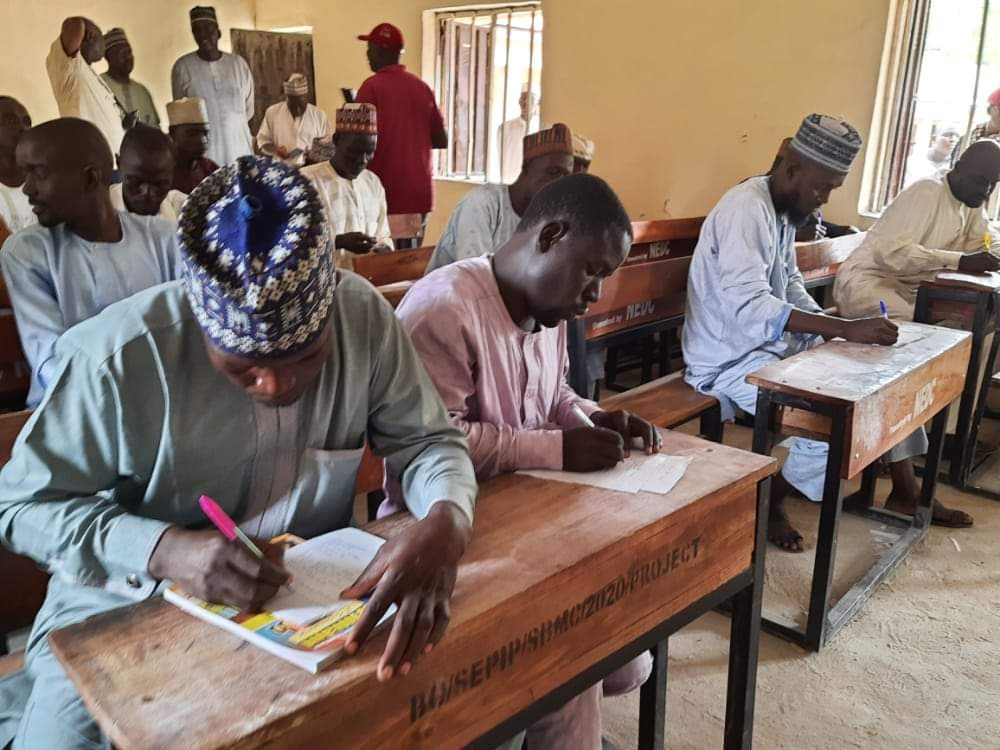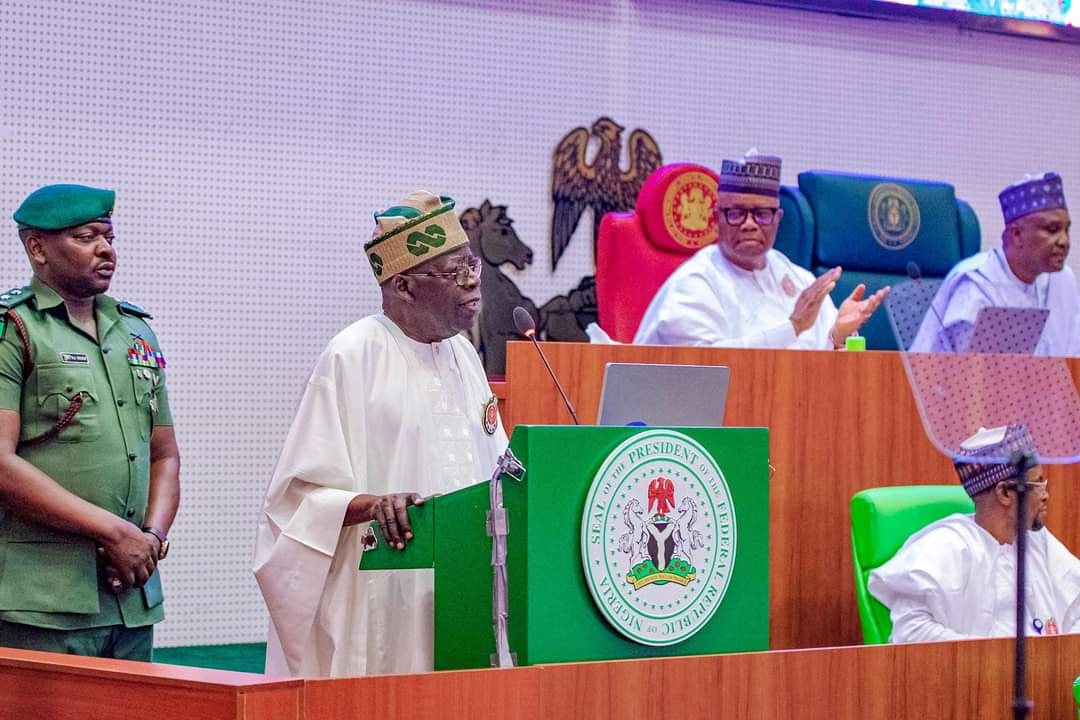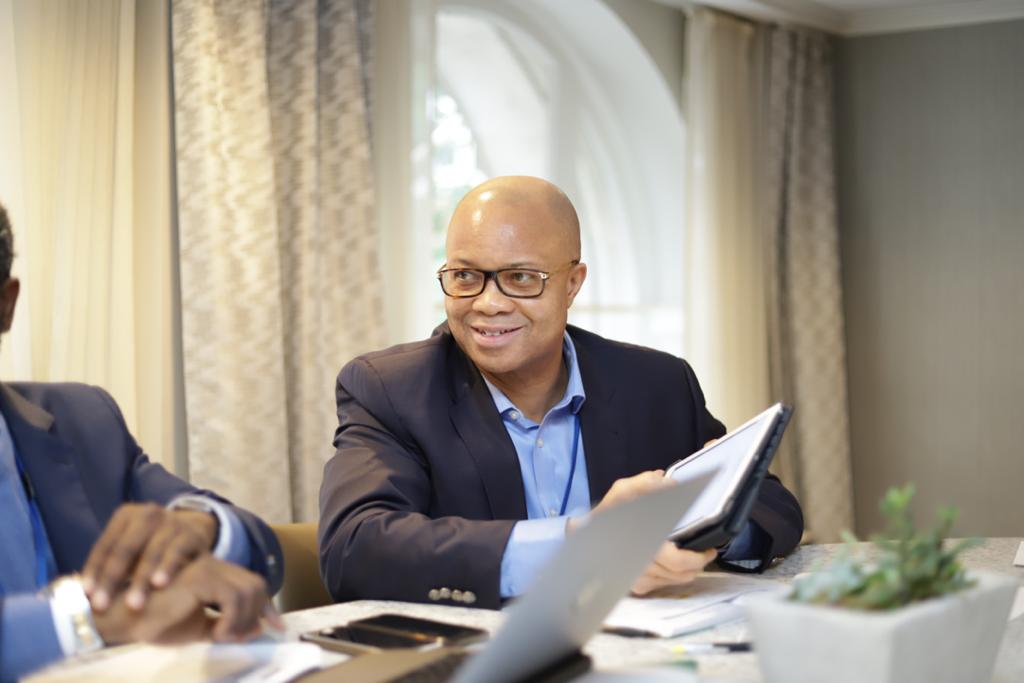Last year, I hosted a professional development session for educators. My experience with this diverse range of teachers, whose works span from secondary schools to universities, over those 3 weeks made me even more certain of something I have always believed: Many teachers truly want to do right by their students.
Teachers truly want to invest in their craft. They want to learn how to do their jobs better so they can provide the kind of education that truly works for their students. They want to teach effectively. They want their classrooms to empower their students. Contrary to the prevalent opinions within certain spheres, the issues that have been raised against teachers’ abilities to deliver effective teaching are sometimes not a matter of desire; there are simply relatively limited opportunities for professional development for educators in Nigeria.
Teaching is such a complex job that requires continuous development. Also, the dynamic 21st-century world requires constant skill upgrades for every kind of profession, including teaching. However, opportunities for this kind of professional development for teachers are not ubiquitous. The relatively fewer ones that exist are usually siloed and sometimes out of reach of certain kinds of teachers (e.g., teachers in public schools). After pre-service training, which is for teachers who officially studied education in their first degrees, most teachers usually have very limited official routes towards professional development in teaching from that point onwards.
The situation becomes dire at the tertiary level, where higher educators usually have no pre-service training in teaching before their career begins, in addition to extremely limited opportunities within their career for teaching training. For example, universities ought to have Centres for Teaching and Learning (CTLs), an arm of the university that provides lecturers with ongoing professional development opportunities, including teaching training. However, a 2020 study found that only 3 of the 96 federal-funded universities in Nigeria that were studied had the similitude of a CTL. Further, these centres were not very functional in the 3 universities where they exist. This means a university educator can go through their entire teaching career with no training in teaching at all.
Advertisement
The 2013 Revised National Policy on Education speaks of the establishment of Teacher Resource Centres and Education Resource Centres. The policy states that “each state/FCT and local government authority shall establish Teachers’ Resource Centres where teachers will meet for discussions, investigations, study workshops, short courses, and conferences. These centres shall also be used for the development and testing of teaching materials” (National Policy on Education, 2013. Pg. 39). It also states that “Federal and States/FCT governments shall establish Education Resource Centres whose activities shall be multi-disciplinary. Their functions shall include…capacity building for teachers.” (National Policy on Education, 2013. Pg. 39). There is little evidence that these centres exist in reality.
There is an urgent need for structured and ongoing professional development opportunities for teachers at all levels. The education sector of the 21st century must be built on the shoulders of educators who are continuously strengthening their knowledge, skills, and capacity for their work. We cannot keep demanding the kind of output from teachers that they have little input for.
Oluwatoyin is a Doctoral Researcher in STEM Education, Social Impact Leader and Education Policy Advocate. She writes from Nigeria and the United States. She can be reached at [email protected] or on LinkedIn here.
Advertisement
Views expressed by contributors are strictly personal and not of TheCable.
Add a comment







